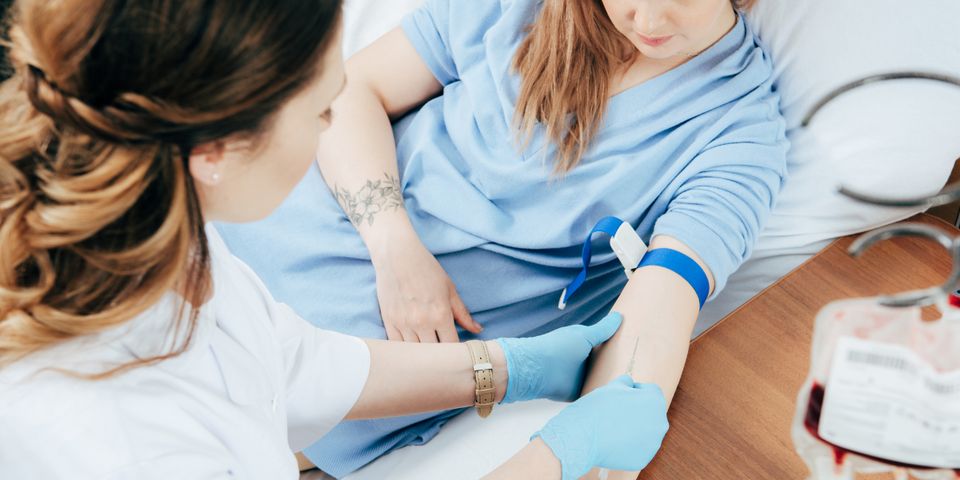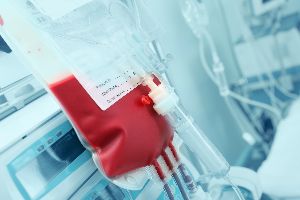
Surgeries and injuries often cause patients to lose blood, and some medical conditions can keep your body from creating a new supply. Blood transfusion medicine is a common, potentially life-saving medical procedure that replaces blood or its components. Here is an overview of the transfusion process and how it works.
How Does a Blood Transfusion Work?
During a blood transfusion, medical care providers insert an IV directly into a blood vessel. Blood from anonymous donors or family members travels through a narrow tube into your body, where it mixes with your own fluid. This procedure normally takes one to four hours, depending on the amount of blood lost and other factors.
What Are the Types of Transfusions?

Blood consists of several components, any of which can be given in a transfusion. Red blood cells, for example, carry oxygen through the body and remove waste material created by biological processes. These cells are the most common subject of blood transfusions.
Platelets help your blood clot, and white blood cells fight off disease and infection. Typically, a transfusion will only include the components you need, although whole blood transfusions may sometimes be necessary.
Why Do People Need Them?
Blood transfusion medicine is often used when patients have lost blood due to an accident or during a surgical procedure. In fact, most surgical patients will likely receive a blood transfusion to replace lost blood, minimizing recovery times and improving outcomes.
Many illnesses also interfere with your body’s ability to produce healthy blood. Sickle cell diseases cause your body to create misshapen red blood cells, and many cancers inhibit the creation of new blood. For patients with these conditions, regular blood transfusion medicine can be life-saving.
Since 2004, Summit Pathology has provided cutting-edge services to doctors and patients across Colorado, Wyoming, and Nebraska. Every pathologist on staff is triple board-certified, and each of their facilities is CLIA- and CAP-accredited. To learn more about their blood transfusion medicine and other services, visit their website or call (970) 212-0530.
About the Business
Have a question? Ask the experts!
Send your question

